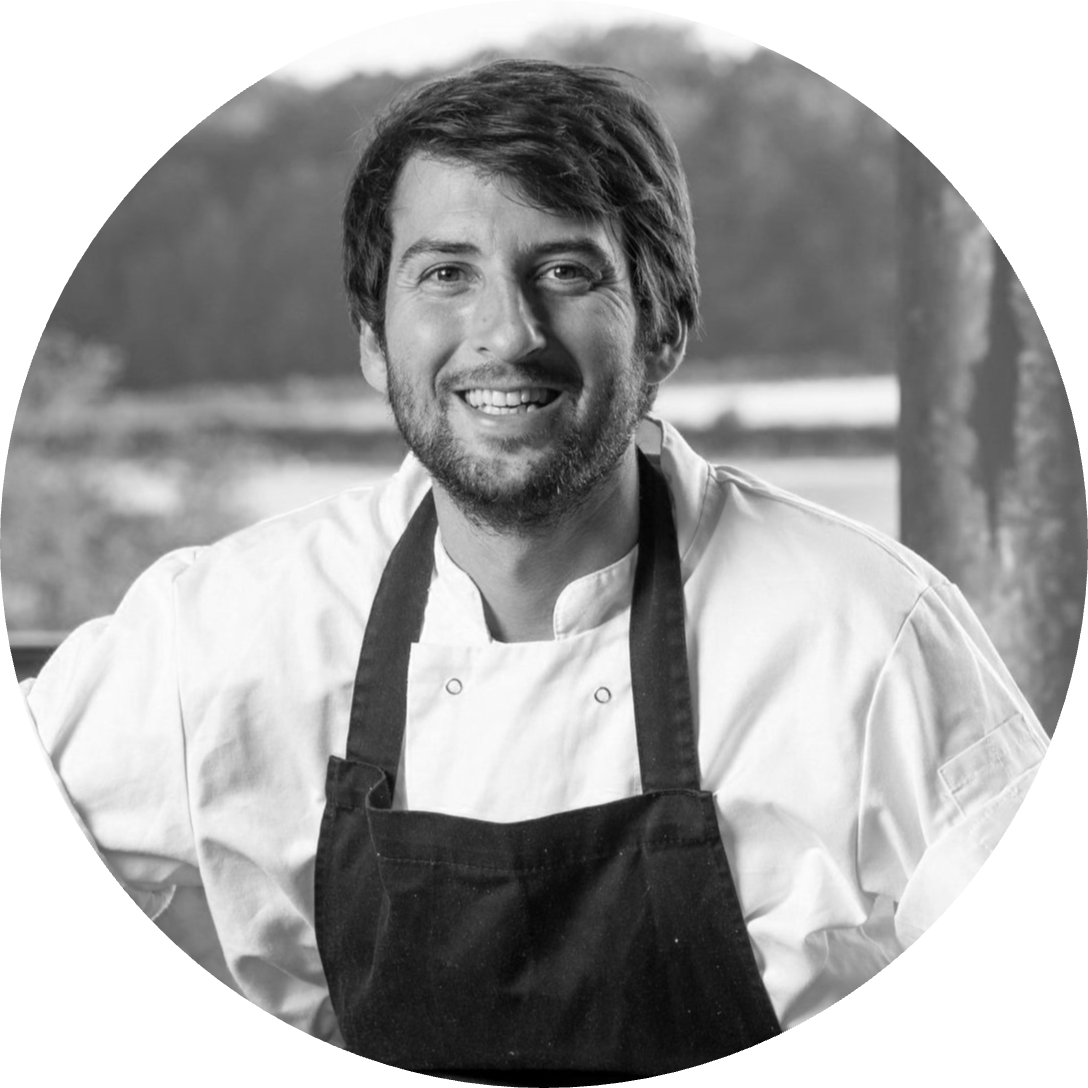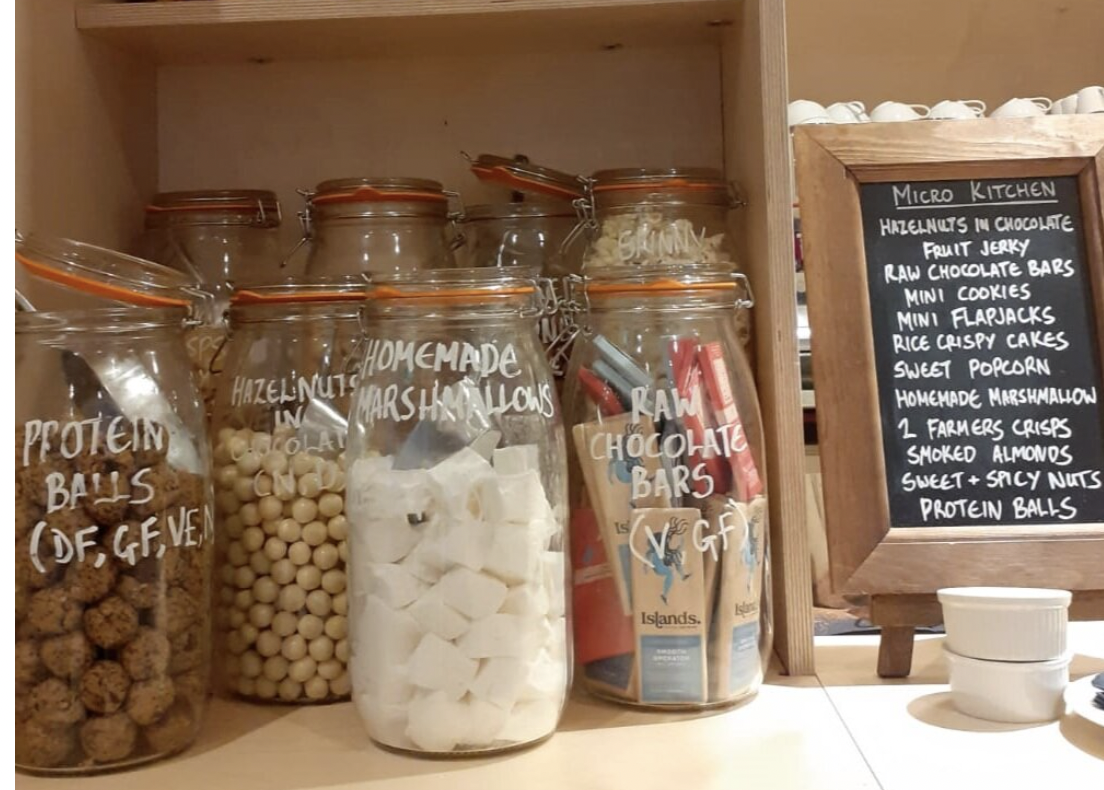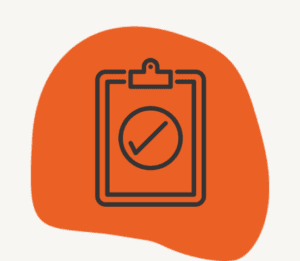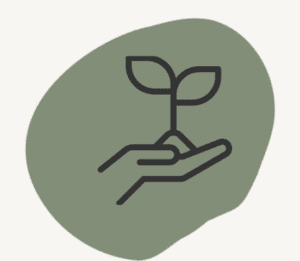As part of our preparing for the single-use plastics ban series, we sat down with Jimmy Garcia, founder and creative director of isla members and top luxury creative caterer Jimmy Garcia to understand the lessons learnt from delivering a plastic-free kitchen for an activation at Davos, the annual meeting of the World Economic Forum (WEF).
Can you tell us more about how Jimmy Garcia came up with the idea for a completely plastic-free kitchen at Davos World Economic Forum?
The journey behind our work with the World Economic Forum (WEF) in Davos actually started in 2015, when Jimmy Garcia provided catering for Facebook’s (now Meta) presence at Cannes Lions.
In 2016 I was asked to provide crew catering for Experiential Creative Agency Smyle at Davos, and I single-handedly delivered three meals a day to 14 of the Smyle team, prepping them in an apartment that was rented for me for the duration of the event. When I heard that Smyle weren’t entirely happy with the offering provided by the Michelin-starred chef they had engaged to cater for Facebook’s activation at WEF, I decided to pitch Jimmy Garcia as an alternative and we’ve been working with them on this annual project ever since.
What our clients love about us is that we get things done and are fully flexible, adapting our style of service to the client’s particular needs. We’re now one of Smyle’s preferred caterers and have worked with them on events outside of WEF including the Samsung IFA in Berlin.
Davos takes place in January each year, and the planning process kicks off in earnest in July of the previous year, gathering pace in September, before final details are locked into place in December.
As part of the planning process for the event, we went into granular detail about all of the various environmental impacts that could potentially be generated by the event. When it came to our waste streams, we agreed it would be incredible if we could eliminate single-use plastics and compostables altogether.
The theme for WEF 2020 was: ‘Working together for a more sustainable future’ and together with Smyle and world renowned sustainability consultant David Stubbs – engaged by Smyle – we set about realising this vision and creating the most sustainable, low-impact version of the event we could. We were also excited by the idea that it could become a blueprint for future iterations. The custom-built two-story Facebook Pavilion was designed to serve as a hub to showcase Facebook’s presence at WEF, with the project benchmarked against the UNSDGs.
The event design and delivery is definitely a collaborative process, with 22 of the Jimmy Garcia team involved in total – including wait staff – headed up by myself, and including key members of staff such as Andrew Dean, Head of Sales and Ranulph Lees, Chef Director.
Each supplier at the event – from caterers to set builders to AV – had a role to play in meeting the above sustainability goal.
What were the biggest challenges you needed to overcome to turn the plastic-free kitchen from concept to reality?
There are now many plastic alternatives out there, but we didn’t want to choose something that had been made at the other side of the world as this would have defied the reasoning behind doing it!
The quality of replacements for things like cling film and piping bags is also quite hard to find. We opted to move to using reusable piping bags instead, but when it came to cling film we quickly came to the realisation that beeswax wasn’t a suitable replacement for industrial catering so we set about finding suppliers whose cling film and bin bags were full compostable but still of a robust quality. A fair few leakages and tests later – we got there!
On top of providing a locally sourced menu with 100% vegetarian options and 35% vegan choices to help reduce the event’s carbon footprint, we also provided off-site catering for the production teams from Smyle and Facebook. Here we purchased ceramic lunch boxes for meals that could be heated up by the production team once they got back to their accommodation. This was on the proviso that they were washed by the production teams and returned to our kitchen in the morning to be refilled again. This was difficult to implement and we received a lot of dirty dishes that our team ended up washing – but the larger goal of promoting re-use was still achieved!
Getting everyone to understand that they need to make compromises individually in order for collective goals to be achieved is key. Buy-in is a challenge that everyone faces.
What were the unexpected wins from creating a plastic-free kitchen at Davos?
It felt like we were doing something really progressive at the time and a big deal to our operation – we now offer this as an option to all of our clients and it’s taken up at least 50% of the time, a recent example being an event we created for Pinterest. And the sustainability focus for the 2020 WEF event certainly woke us up into action and has really guided our operations over the last three years. We now engage David Stubbs on a retainer all year round to work with us. He’s great for keeping us on track and focused on our core vision for sustainability. We also became members of isla in 2023.
How has the plastic-free kitchen evolved in subsequent iterations?

We have done it every year in Davos since 2020 and we continue to improve it each year. This year we had snacks in meeting rooms that were either baked on-site or in plastic-free packaging and refused to have big polluting brands in our fridges even in tin form, choosing more artisan and socially-conscious soft drinks instead (Cawston soda is a favourite).
Meta has a micro kitchen everywhere they go, so we include our version of sustainable micro kitchen using snacks served in glass kilner jars at WEF in 2020 – and have continued this ever since. Meta’s CMO was particularly impressed.
David also put us in touch with a charity partner in Davos who collected any leftover food from the event each evening, serving it at a pop-up restaurant the following day, with diners paying what they feel the meal is worth.
In terms of ingredient sourcing, we’re nomadic caterers and love getting stuck into local produce and showcasing them in our own way. While nothing much grows in Davos at the height of winter, there is still amazing offering in terms of local cheeses, wines etc.
As a London-based caterer we are really spoilt for choice when it comes to the variety of suppliers we have access to, and we take that curiosity to engage with suppliers who have a really strong ethos and important story to tell wherever we are in the world.
Have you managed to create plastic-free kitchens with other clients and what has this looked like?
We have indeed – from fully compostable consumables and the use of glasses or polycarbonate in our on-site bars as standard, to ensuring there are no single-use plastics on site as part of our operation including staff food and beverage. We ensure we get the right messaging out to staff, to support them in supporting our sustainability initiatives. As an example, we have water dispensers on-site and ask staff to bring their own bottles to fill up.
How did you measure the impact of the plastic-free kitchen?
We fed data from catering operations at WEF in 2020 into Smyle’s data, who then used TRACE by isla to measure the event’s environmental impact. We ensured the event as a whole eradicated single-use plastic streams going to landfill, ensuring absolutely everything was either fully compostable or recyclable. As a result the impact was sizeable.
The 2020 iteration of the event went on to win Best Sustainable Initiative at the C&IT Awards 2021.
How did the plastic-free kitchen fit in with Jimmy Garcia’s broader sustainability strategy?
It fits perfectly within our strategy to be the UK’s leading caterers whilst minimising our impact on the planet and celebrating people and suppliers that share our ethos for people and planet.
The ban on single-use plastics is England coming into effect on October 1st 2023. What 3 pieces of advice would you offer to event teams in terms of preparing for it, based on your experience of creating the plastic-free kitchen at Davos/elsewhere?
- There are plenty of compostable alternatives out there, but be sure to not choose the packaging that has a plastic lining in there (you’d be surprised how many do!). The range from sustainable packaging start-up NOTPLA is the real deal.
- On coffee cups although your cup may be compostable – be mindful that any inked branding on there should be from a natural dye to ensure the cup stays compostable once branded!
- Service ware is the first thing people think about but the challenges will come from alternatives to the everyday kitchen use items such as cling film – caterers love cling film so my advice would be to start testing alternatives now and find the best product that works for you.
Read more: The single-use plastics ban in England: what will it mean for event teams?
Our latest news













